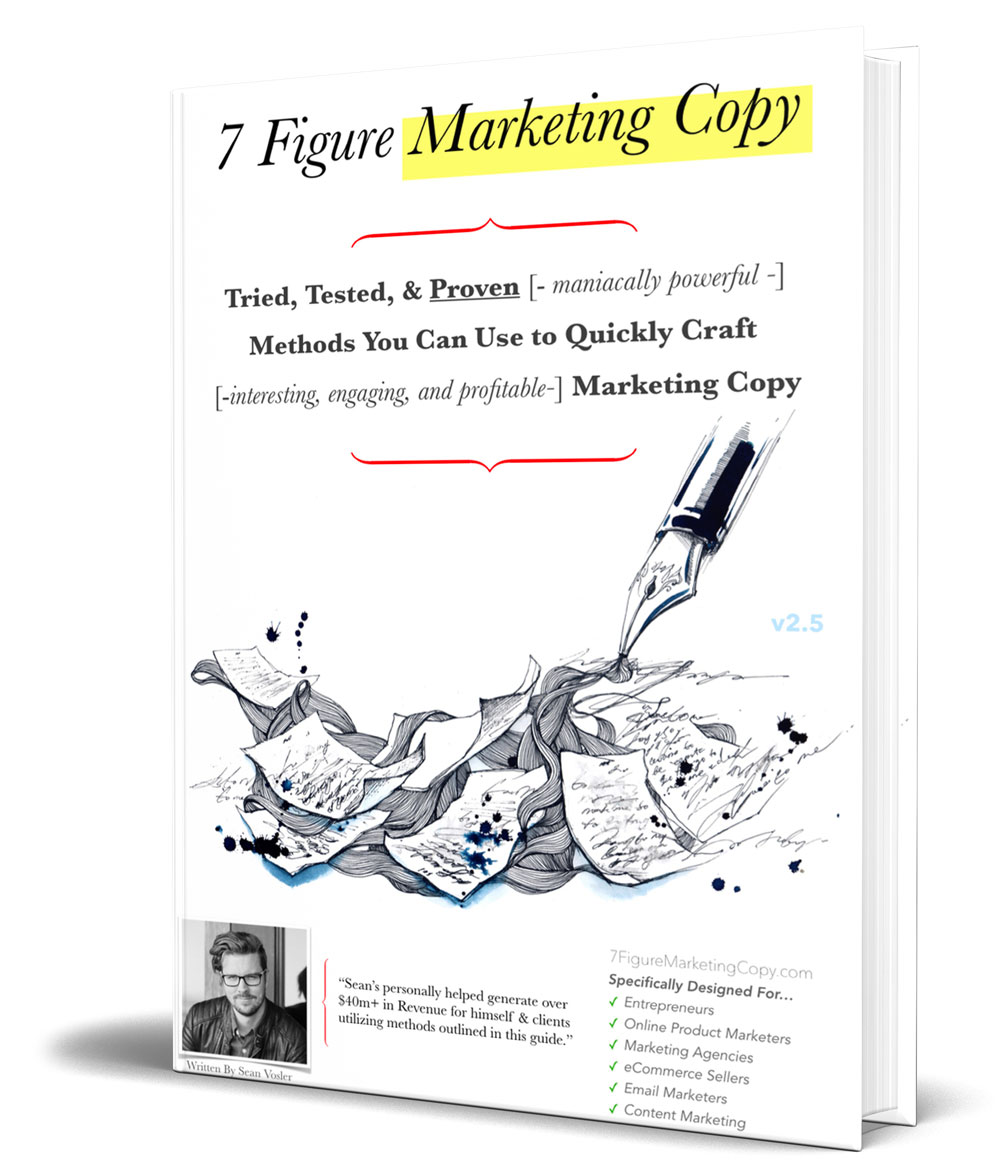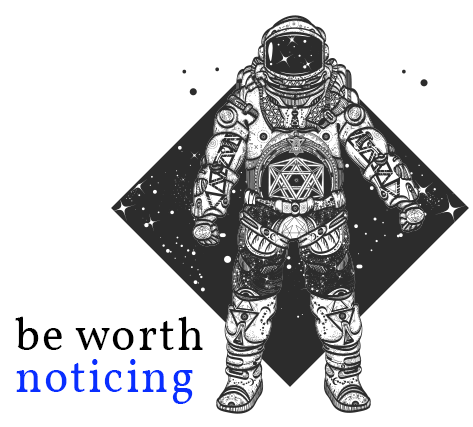Why Successful Entrepreneurs Often Sacrifice Their Success On The Alter of Novelty
“We who cut stones must always be envisioning cathedrals.”
One sunny afternoon myself and a group of friends were walking along a marina near downtown San Diego. Row after row of multi-million dollar yachts sparkling in the sun on our left and the beautiful skyline on our right. Then we come to it, the pearl of the marina. A jet black 60+ foot multi cabin cruiser with a helipad. My friend turns to me and says “10 to 1 odds my buddy knows the owner.” This buddy we happened to be who we’re meeting for lunch, and he was right… He indeed did know who the owner was.
“What’s someone gotta do to get a boat like that!” I asked, and he replied “… oh, he just makes signs.” Granted that’s a pretty broad statement, but I replied: “Wow, that has to be the most boring business I’ve ever heard of.”
His reply stuck with me ever since… “Boring maybe, but often the most boring types of businesses are the most profitable. While everyone’s off trying to start the next Facebook or Google, this guy put his head down and focused on fulfilling a need that isn’t going anywhere soon. Oh, and I’m sure you’d put up with owning a boring business if it got you a boat like that.”
Hard to argue with that.
So why do so many ‘entrepreneurs’ seem to give up a profitable business in pursuit of a more interesting one, or one that speaks more to their passion?
You’ve probably seen it before: Person builds profitable business… After some time passes, person hates business… Person shuts down business to start something they think they’re passionate about. After some time passes, person hates business… Person shuts down the business to start something their passionate about…. Repeat…
If you haven’t experienced this, it seems to be a reasonably common among entrepreneurs. It goes like this: They start a business out of curiosity or necessity, and over time with trial and error actually build something amazing. This amazing thing generates good income, and at first feels like a dream come true, in a big way it is.
Then one day, BAM, it hits them. They’re not happy. They’re not fulfilled anymore because the business isn’t giving them the mental stimulation they used to experience. They keep things rolling because you know, money, however, they start to explore other paths.
The new direction generally is more exciting, and very often riskier. Maybe they started out with a dull “ecom” business selling pillowcases, [True story, had a client generating $100k/mo with that type of business] and now they want to build a company that will finally give them what they really want. Fulfillment.
So they let their business languish slowly dissolving into nothing, or just a shadow of what it used to be, while they go off to pursue their ‘passion.’
This can go two ways…
One: They succeed at their new venture, let’s even say that it performs better than their first. Great news right? We’ll get back to this.
Two: They fail at their passion project, either there really wasn’t a business there, or they couldn’t apply the skills from the first business to the next. This is usually the case on average.
Scenario two is a bummer for sure, but let’s go back to number one for a second. More often than not even if they are successful they’ll eventually find themselves back to that ‘empty’ feeling. They thought the new direction would fix things, but it didn’t address the root problem, and they didn’t account for one rule of human nature that we can’t ignore.
Humans are, by our nature, addicted to novelty.
It’s why if you move to the beach you want the mountains. It’s also often why spouses are unfaithful. It’s why social media is a multibillion-dollar business; it caters to new content every second of the day. It’s part of who we are, and we need to factor it into any decision we make.
We think that starting something new will give us that fulfillment, and for awhile it will. Eventually, though we’ll fall to the novelty lie again, and again, and again.
Before you move from one venture to the next (or one spouse to the next for that matter) it’s best to ask yourself… “Am I doing this because of ‘the lie of novelty?’ Am I only quitting because I desire something new, and not because it’s actually a good decision?”
If the honest answer is that we’re letting “desire” make the decision and not logic we need to take a step back and reevaluate our options and stop the cycle of novelty hunting before it begins.
How do we stop the cycle and find the fulfillment we’re looking for?
Here’s two ways I’ve found that works well for me and many who I’ve worked with over the years.
#1: Find Your Flow. Fulfillment in work isn’t from the end result it’s from mastering the process and getting lost in the commitment to quality of our work.
“The best moments usually occur when a persons body or mind is stretched to its limits in a voluntary effort to accomplish something difficult and worthwhile.” – [p.84 Book: Deepwork Csikszentmihalyi]
The flow state (coined by Csikszentmihalyi) is immune to the troubles of novelty because it’s where we find the deepest return on investment for our soul. As an entrepreneur, we should be looking for ways to create ‘flow states’ in our successful ventures. Not just leaving them to waste away because we’re not “feeling it” anymore. Recommended further reading: Deep Work by Cal Newport.
Chances are you lost your flow because you’re focusing more on the output than the work. Do the work, focus on improving your craft, and the work will be it’s own fulfillment.
#2: Means to an End. Why did you start the business to begin with? More money? More time with family? To travel the world? Many completely lose sight of the end game and allow emotions to control their decisions.
Take the time to really think about this. Fulfillment shouldn’t be completely attached to our business or income. That’s a fool’s errand and leads to many bad things, least of which is getting bored.
Having more ‘time’ is a common “means to an end,” but it’s important that we have a plan for that time. Again let’s look at Deep Work – ”We want to work less and spend more time in the hammock, the results from Csikszentmihalyi’s ESM studies reveal that people have this wrong “Ironically, jobs are actually easier to enjoy that free time, because like flow activities they have built-in goals, feedback rules, and challenges, all of which encourage one to become involved in one’s work, to concentrate and lose oneself in it. Free time, on the other hand, is unstructured, and requires much greater effort to be shaped into something that can be enjoyed.”
The point is, we started a business for a reason and we can easily lose sight of it. Or worse, we get so caught up in it that we sacrifice the things we really want.
Income (our business) is a tool. It’s not a life.
You may need to take a long hard look at the gaps in your personal life, to make sure you’re not trying to fill them with your business. Once we have a handle on the “ends” in “means to an ends” the business can serve as our “means” and can drastically modify the way we look at it and set goals around it.
Maybe we don’t need to make as much as we thought to reach our “ends”, maybe that extra 10 hours a week can go a long way towards spending more quality time with our family, at only the cost of giving up a small percent of our income.
Funny thing is when we adjust our priorities a side effect might be that we actually work better, get more done in less time, and find ourselves in that “flow state” more often… leading to a better quality work experience overall.
If you started your business because you’re a naturally curious person, you simply love building new things another alternative is to build systems into our business. This allows us to transform into the “owner” of the business, not the person who runs it. This is a different skillset than starting a business and will be a challenge.
This all isn’t to say you shouldn’t quite an old successful business and start a new one, but examine our real motives is incredibly important. Doing so will go a long way to helping us find real fulfillment.
The grass isn’t greener on the other side. It’s greenest where it’s watered.
P.S. A happy middle ground is a simple rule – start a new business as an experiment, and use your current one to fund it. Sometimes you can have your cake and eat it too.
// This post we created in response to a question in our “Motivational” section on Discord – click here to check it out.

 Let me send you a boatload of copywriting tips...
Let me send you a boatload of copywriting tips...